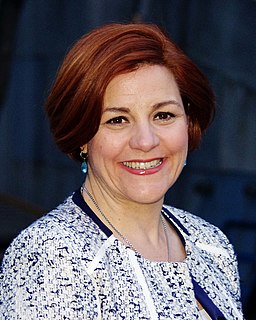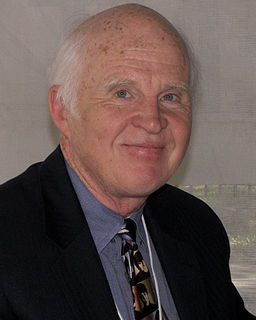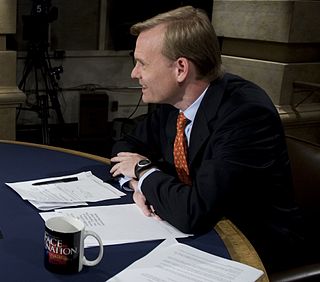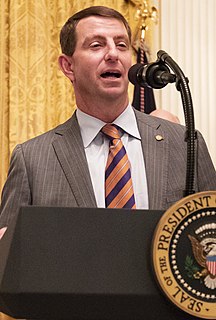A Quote by Christine Quinn
The library of my elementary school had this great biography section, and I read all of these paperback biographies until they were dog-eared. The story of Eleanor Roosevelt and Madame Curie and Martin Luther King and George Washington Carver and on and on and on.
Related Quotes
When I was 12 years old, I read Nancy Drew mysteries and biographies of Madame Curie and Florence Nightingale and books about girls who love horses or go to nursing school. I belonged to the Girl Scouts and got A's in school and rarely disobeyed my parents. I still kept a collection of Barbie dolls in my room, and I almost never spoke to boys.
Well, in Washington, this is a very hard time for Eleanor and Franklin. This is when Lucy Mercer first appears. And Lucy Mercer is Eleanor Roosevelt's own secretary. Very beautiful young woman, not unlike Eleanor Roosevelt: tall, blonde, thick haired. And FDR is having an affair with her, which Eleanor Roosevelt finds out when FDR returns from Europe in 1918 with the famous flu of 1918.
The white man supports Reverend Martin Luther King, subsidizes Reverend Martin Luther King, so that Reverend Martin Luther King can continue to teach the Negroes to be defenseless - that's what you mean by nonviolent - be defenseless in the face of one of the most cruel beasts that has ever taken people into captivity - that's this American white man, and they have proved it throughout the country by the police dogs and the police clubs.

































